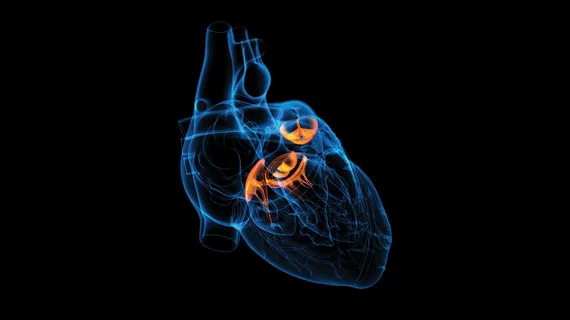Making history: Lab-grown cardiomyocytes successfully transplanted for 1st time
Lab-growing cardiomyocytes have been transplanted into a human patient for the first time in medical history, according to a report from the Japan Times.
The January operation, overseen by cardiovascular surgeon and Osaka University professor Yoshiki Sawa, was part of a clinical trial that’s looking to enroll 10 patients over the next three years. The first transplant was a success, and the Japan Times reported that patient is now recovering in the general ward at Osaka University Hospital.
Lab-grown heart muscle cells are transferred to a patient via “cell sheets,” Sawa explained, which are degradable sheets that attach to the surface of a patient’s heart. The induced pluripotent stem cells attached to the sheets are then expected to grow within the body and secrete a protein that regenerates blood vessels and improves cardiac function. Each sheet is around 4 to 5 centimeters wide and 0.1 millimeter thick.
“I hope that [the transplant] will become a medical technology that will save as many people as possible, as I’ve seen many lives that I couldn’t save,” Sawa said at a news conference.
Read the full story below:

